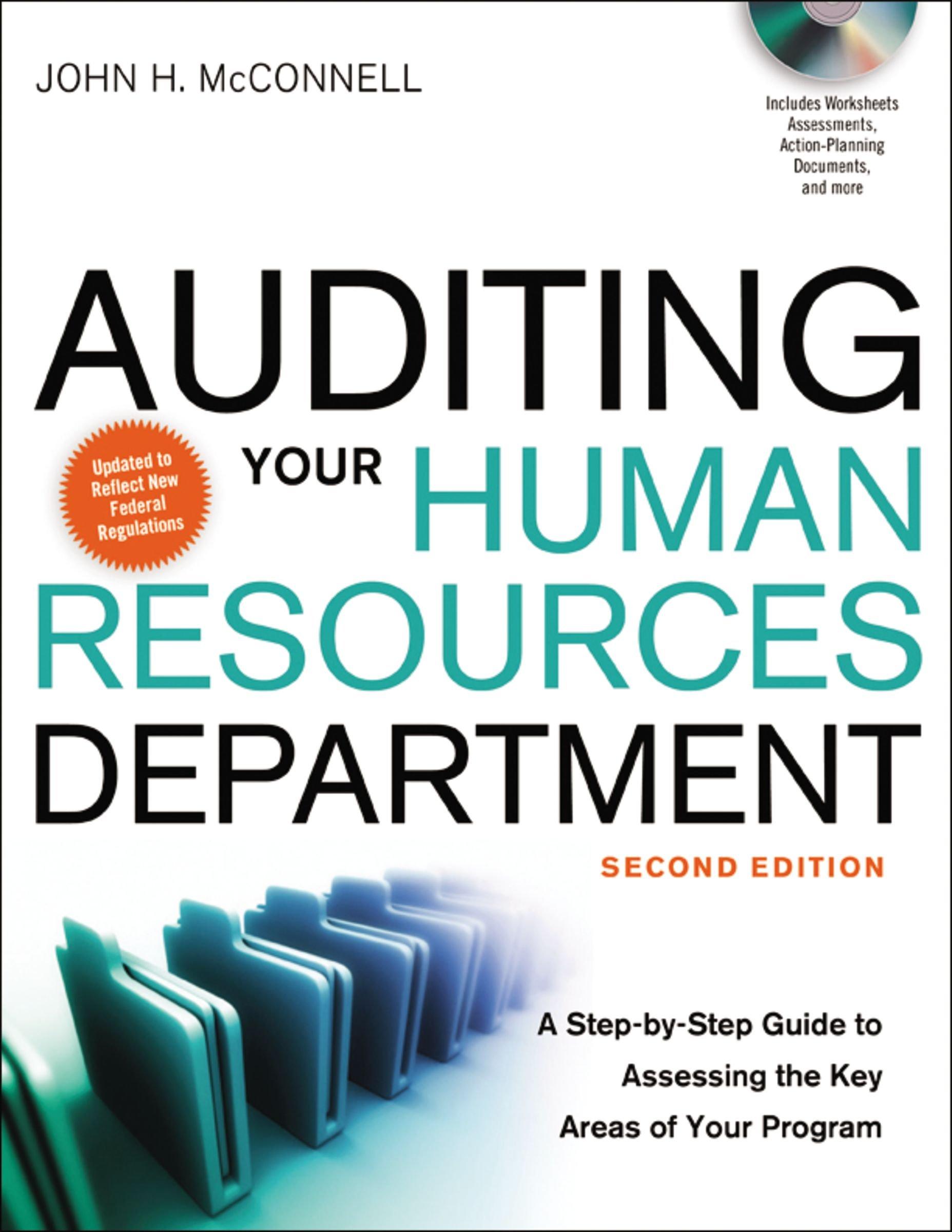


PHILLIP AND MARSHA SANDERS Personal Data Husband: Wife: Children: Phillip Sanders, age forty-four, disabled Marsha Sanders, age forty-four, grade-school teacher Darlene Sanders, age seventeen (starting twelfth grade) Fred Sanders, age twenty-one (starting junior year of college) Both deceased Mother, age sixty-eight, living with Phillip & Marsha, in good health; Father, deceased Phillip's parents: Marsha's parents: Financial Data Primary Residence (JTWROS).......... Mortgage on primary residence...... Cash accounts ITWROS).... Phillip's 401(k).................. Phillip's traditional IRA (no nondeductible contributions)........ Marsha's 403(b)............. Mutual fund account (TWROS)...... Cash value of life insurance... Marsha's automobile.... Fred's UTMA account (Phillip custodian)................... Darlene's 529 college savings plan (Phillip owner)....... ... $450,000 ....... ($175,000) $22,000 $125.000 .....$105,000 $65,000 .. $14,000 $2.000 .... $9.000 ........$8,000 $27,000 Income/Expense Data Phillip's monthly disability income............ Marsha's annual salary ........ Interest & investment income...... Monthly expenses (excluding mortgage and taxes)...................... --... $4,000 $38,000 $2,700 .....$4,500 Other Pertinent Information Phillip was in a severe car accident four months ago, he has been released back to his home, but is unable to return to his former work as a middle manager for a local firm and is totally disabled Phillip has a medical malpractice suit pending against the hospital that treated him; the suit is expected to be settled out of court shortly for $1,250,000 Phillip and Marsha do not live in a community property state Phillip and Marsha have simple wills that leave all of their property to the surviving spouse, Phillip and Marsha have power of attorney and health care power of attorney documents that name each other as attorney-in-fact The Sanders are in a combined federal & state tax bracket of 20 percent since the loss of Phillip's income (for merly $80,000/year) The Sanders state that they are moderately conservative, and their investment account is primarily (60 percent) equity investments Phillip's 401(k) account is associated with his former employer before he left his job due to the accident FINANCIAL PLANNING Marsha's currently contributes $500/month to her 403(b) Darlene's 529 plan was originally funded with a $6,000 deposit two years ago Phillip recently acquired a universal life policy last year with a death benefit of $100,000; Marsha is the beneficiary Phillip has a term insurance policy with a death benefit of $500,000; Marsha is the beneficiary Marsha has a term insurance policy with a death benefit of $300,000; Phillip is the beneficiary Phillip and Marsha are beneficiaries of each other's retirement accounts Phillip pays for his own disability insurance policy that provides 60 percent of his former income of $80,000 the policy has a ninety-day elimination period and provides benefits until age sixty-five; the policy provides benefits for two years if Phillip is unable to perform the duties of his regular occupation, and after two years provides benefits only if Phillip is unable to perform any occupation that he is reasonably qualified for by education, training, or experience Marsha has no disability insurance Phillip and Marsha receive adequate medical insurance coverage for the family through Marsha's employment: the Sanders have adequate homeowner's and automobile coverage The primary residence mortgage is a thirty-year fixed-rate loan, and was refinanced three years ago at a 6.25 percent rate Marsha's mother has come to live with the family since Phillip's accident, and her Social Security income gener ally covers her own expenses, she has little other assets, aside from a $200,000 residence of her own Goals 1. Manage family finances in the coming months as Phillip's health declines 2. Provide for college education for Darlene and Fred, assuming $15,000/year (in today's dollars) (four years for Darlene, two more years of payments for Fred) Economic Environment The economy has been growing strong for several years. Current inflation, as measured by the CPI, is at 3.3 percent (however, college costs are inflating at 7 percent). Ninety-day T-bill rates and money markets are currently 5 percent. Long-term government bonds are yielding 75 percent. Economic growth was 5.0 percent Last year, and unemployment is at 45 percent. Interest rates are expected to be flat or rising slightly in the near future. Economic growth is expected to slow slightly in the coming years. 1. If you were to draft a Personal Financial Statement for the Sanders family, the total value of Phillip and Marsha's assets would be: a) $857,000 b) $89000 c) S681000 d) $647.000 CASE STUDIES 2. With the settlement of Phillip's lawsuit, some potential tax consequences that Phillip might be concerned about include: a) Income tax treatment of the settlement b) Deductibility of the fees Phillip will pay to his lawyer c) Whether to request the payment in trust or under a structured settlement, rather than outright d) All of the above 3. Which of the following education tax benefits is Fred NOT potentially eligible for in 2015 a) American Opportunity Tax Credit b) Lifetime Leaming Credit c) Above-the-line Tuition and Fees Deduction d) Fred may be potentially eligible for any of the above 4. For financial aid purposes, is there a difference between the treatment of Fred's UTMA account and Darlene's 529 college savings plan? a) No, they are both treated as assets of the parents for financial aid calculations b) Yes, the UTMA account is an asset of the parents, but the 529 plan is an asset of the child s) Yes, the 529 account is an asset of the parents, but the UTMA account is an asset of the child d) No, they are both treated as assets of the children for financial aid calculations









